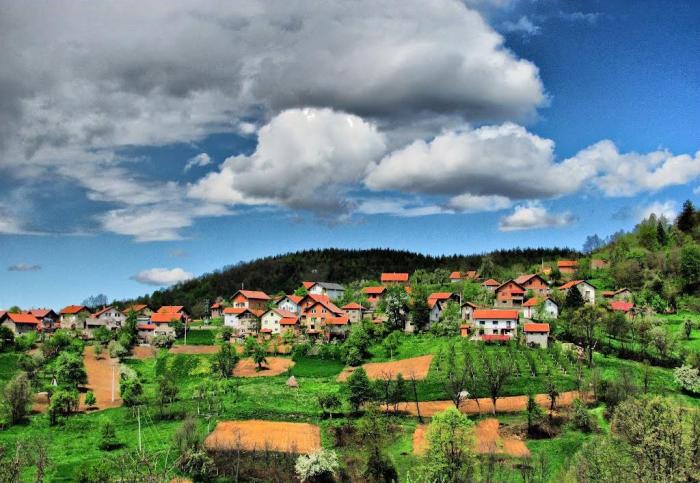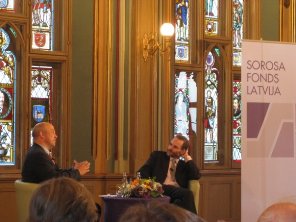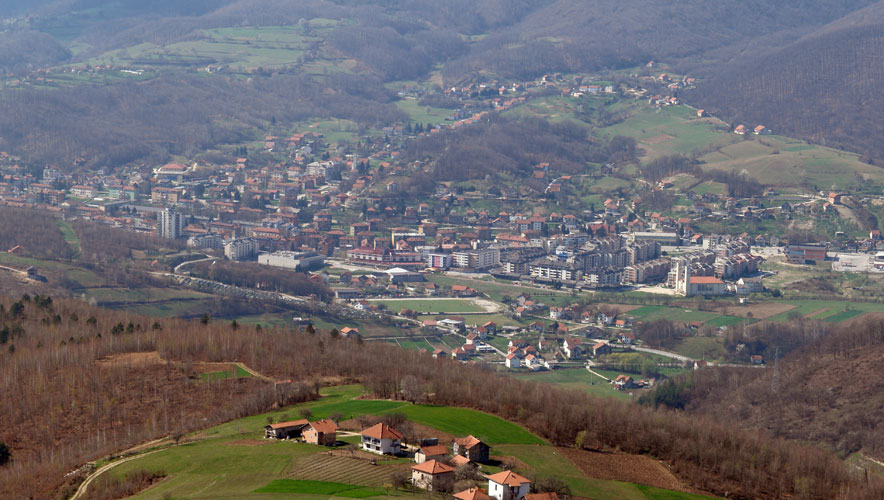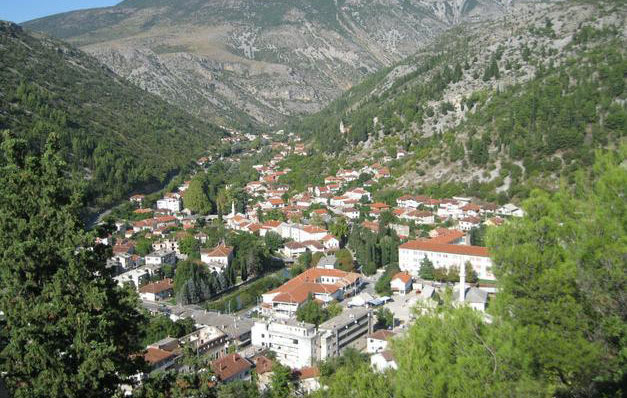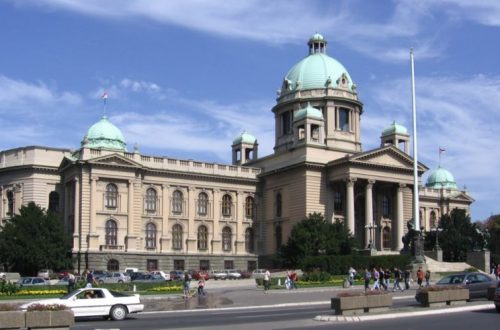Ševarlije – Success of a Returnee Village
Located in Doboj municipality in northern Bosnia, Ševarlije village has around 2,000 post-war (1992-95) returnee inhabitants, most of whom are Muslim. After being expelled from their homes in 1992, some inhabitants of Ševarlije and the surrounding villages returned in 1998 to their devastated homes as part of a large scale returnee process. Most of the returnees were previously employed in companies in the city of Doboj, as well as a lime factory in Ševarlije. Agriculture: Developing new sources of income Although agriculture, as a source of income and employment, has little history in the area, it has become a new source of revenue and employment for returnees. Nusret Delić, an…
Novi Travnik – “City of Youth” Aging
Once known, symbolically, as “the city of youth”, Novi Travnik is one of Bosnia and Herzegovina’s most recently established towns. Situated in central Bosnia, this small town was born in 1949 as a military industrial complex thanks to former Yugoslavian leader, Marshall Tito. According to the 1991 census, the town had 30,000 inhabitants. Significantly, the town’s arms factory “Bratstvo” (Brotherhood), was one of the biggest companies in the former Yugoslavia with some 10.000 employees. War changes town’s economic structure During the 1992-95 war, Novi Travnik, like many BiH cities, experienced industrial decline and high unemployment as the “Brotherhood”, which was the economic backbone of the town, collapsed. Thus the war…
Stolac – Overcoming Divisions
The UK Business Link model, which served as a platform for the Business Bus pilot project proved to be flexible enough to work regardless of the economic conditions of a particular BiH area. In particular, the model proved to be adaptable to helping some agricultural producers in the small, predominantly agricultural municipality of Stolac. Well positioned for economic success With abundant natural resources and a number of cooperative organisations, Stolac is well positioned for economic success. Located in the south-east of the Herzegovina-Neretva Canton, Stolac’s agricultural advantages include its climate, fruit production, early vegetable production, viticulture, apiculture, organic agriculture and herbal plants. Although sparsely populated (a 1999 estimate was 10.000…

